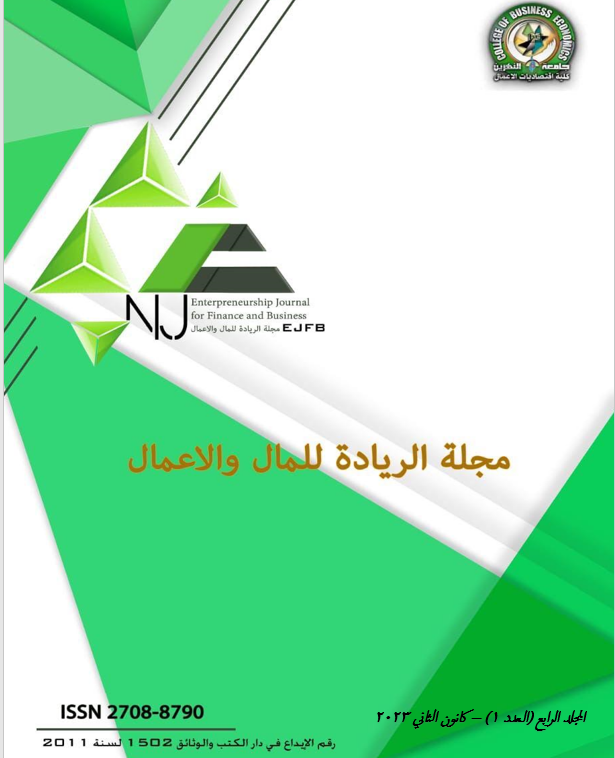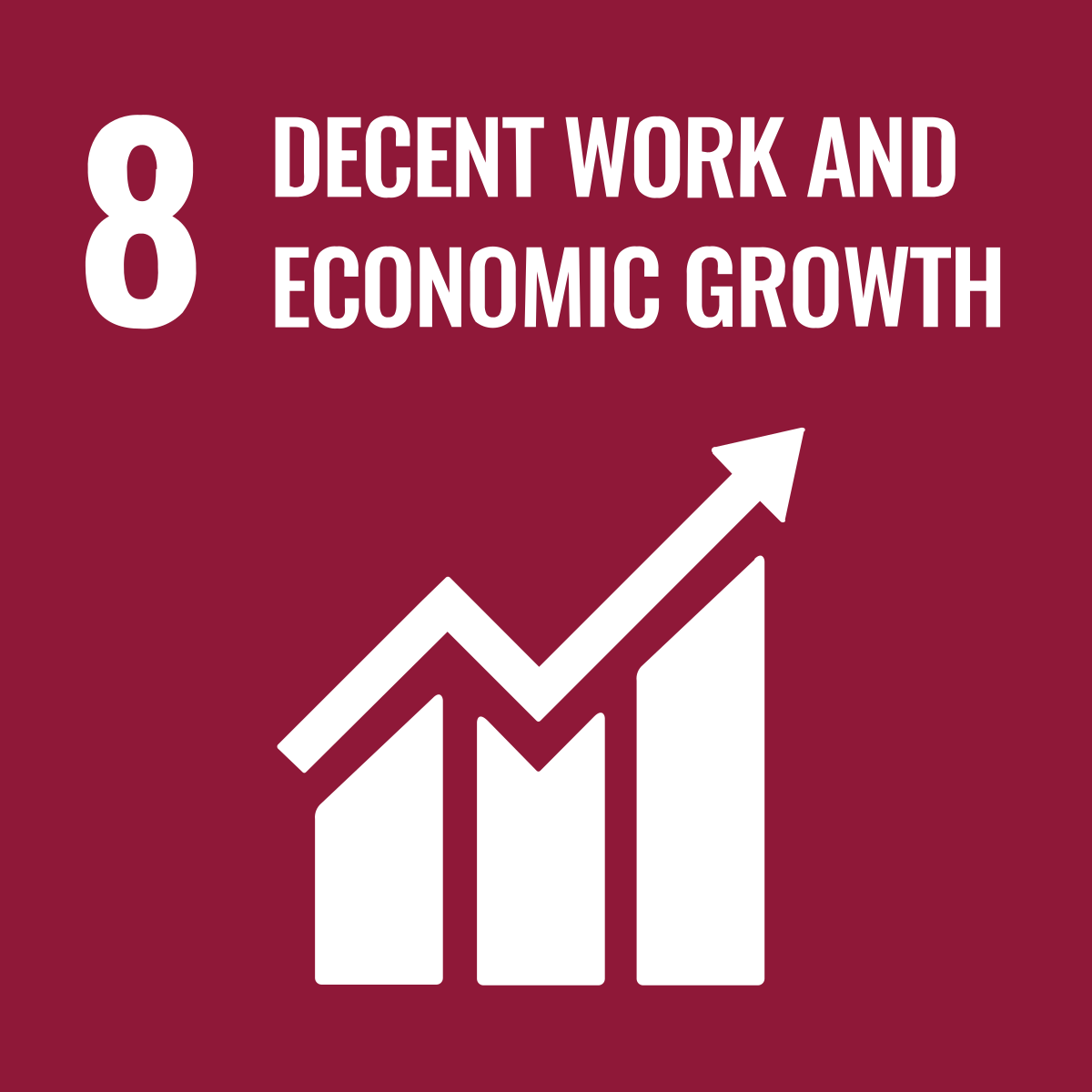Professional ethics and organizational work values
DOI:
https://doi.org/10.56967/ejfb2023328Keywords:
Professional ethicsAbstract
Introduction to professional ethics and organizational work values:
In recent years, we have seen the emergence of some concepts of social responsibility. These concepts are considered contemporary concepts, so there must be a reinforcement of these social concepts. We find that some institutions emphasize their developmental role and sense of social responsibility within the communities in which they are located. This social participation is not only important in the sense of responsibility, but has become a necessity to win the sympathy, respect, and appreciation of communities.
We find that the concept of work ethics is one of the most important social principles that stem from the full belief in the values of work, as each individual is responsible for the work he does. Of course, the concept of work ethics is closely linked to the people who perform their work in a skillful way. This does not stop at an authority or institution, whether in the public or private sector. Therefore, institutions have focused their attention specifically on work ethics and values. They seek to develop good morals such as honesty, integrity, commitment, striving for excellence, loyalty, righteousness, respect for others, and appreciating time and good use of it. They also seek to fight against everything that is not appropriate for virtuous ethics while adhering to high values for their multiple benefits for individuals, societies, and high-quality relationships.
Let's focus more on another aspect of ethical values and how they become more complex when there are situations where values conflict with other things in our lives. We know that ethics is a set of rules that define the proper behavior and also define the improper behavior. These ethical rules tell us when our behavior is acceptable and when it is rejected. We note that ethical rules exist in all societies and organizations, despite the differences that exist between one individual and another, but they are considered ethical rules that govern the behavior of humans to determine for them when their actions are right or wrong.
As for business ethics, it does not differ much from the rules of ethics that govern the behavior of individuals in our societies, and it applies the general ethical rules that govern the behavior of business organizations.
In light of this, we note the legal aspect of ethical behavior, that is, the behavior considered ethical is also legal and preferred by society and encouraged. However, there are sometimes unethical behaviors that are difficult to consider illegal. For example, when a worker takes more time than necessary to perform a particular task, is this ethical behavior? Also, when one of the workers uses the work phone for personal calls, thus the institution bears the loss of the worker's time, and bears the costs of the calls made by the worker, or he claims to be sick and does not go to work... And such behavior is not punishable by law, but many people consider some or all of them unethical.
Work is of great importance to man, as it is his source of income and livelihood. Therefore, man seeks to preserve it by adhering to work ethics and values. Let us get to know through the following lines the concept of work ethics and the importance of adherence and commitment to work ethics. It has great importance for the individual and the institution in which he works, such as enhancing the interaction between workers in a large way, which raises the efficiency of performance, improving the image and reputation of the institution, and protecting employees from fear about their future in it and depriving them of incentives and promotions on time. In addition to increasing production and profits, this is a result of each employee's commitment to perform his duties towards his work, as one of the most important work ethics is honesty, and proper time management and not exploiting work time to serve personal interests, and disrupt the interests of work and customers as some people do, and working to succeed in forming good relationships with customers, which guarantees their continuous dealings with the institution.
We can follow a set of methods and methods in order to consolidate and consolidate the ethics and values of work, such as the individual's evaluation of his performance himself, and punishing himself for the mistake he commits without being monitored by anyone. This is because he fears God Almighty, and therefore he strives to perfect his work. Administratively, this is known as the application of self-control methods. Not discriminating between workers, everyone must be subject to punishment when they are wrong, regardless of whether they are a manager, worker, or employee. They are all equal, so that the owners of senior positions in the institution do not believe that they are above punishment, which prompts them to not comply with labor regulations. Among the methods and ways to consolidate the ethics and values of work are:
- Encouraging employees to develop their performance, and this is done by linking good performance with rewards and incentives. The employee always needs someone to encourage him to give his best for the benefit of work.
- Raising awareness among the ranks of workers of the importance of work and that it is their source of income, and the need to preserve it and master it well, which leads to increasing the profits of the institution and raising their standard of living.
Downloads
Downloads
Published
How to Cite
Issue
Section
License
Copyright (c) 2023 نغم حسين نعمة

This work is licensed under a Creative Commons Attribution 4.0 International License.
This is an Open Access article distributed under the terms of the creative commons attribution (CC BY) 4.0 international license which permits unrestricted use, distribution, and reproduction in any medium or format, and to alter, transform, or build upon the material, including for commercial use, providing the original author is credited.






